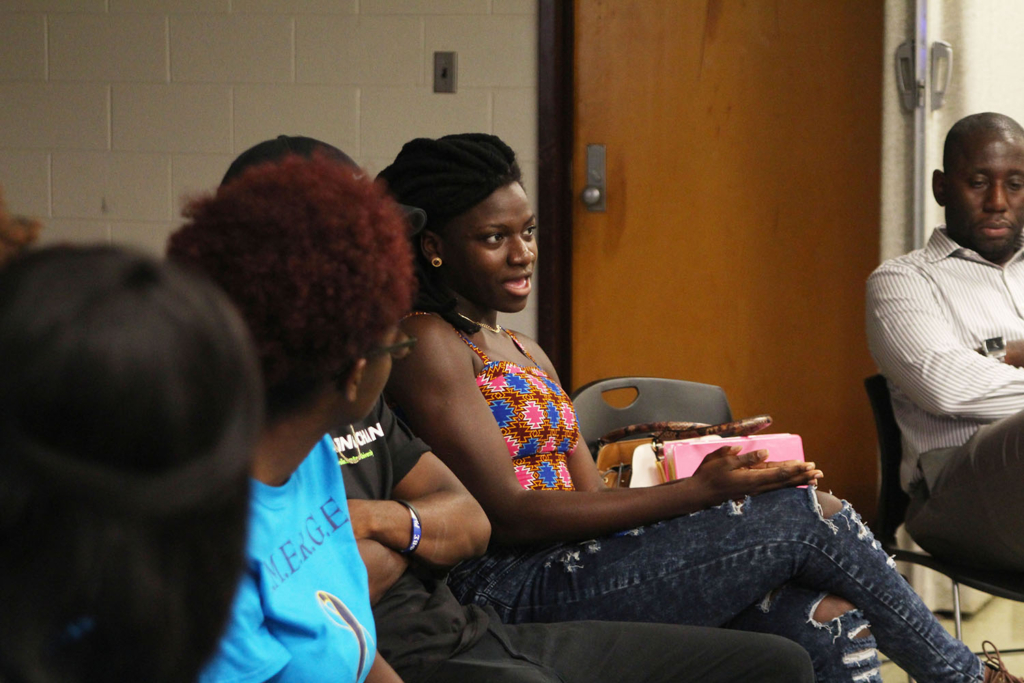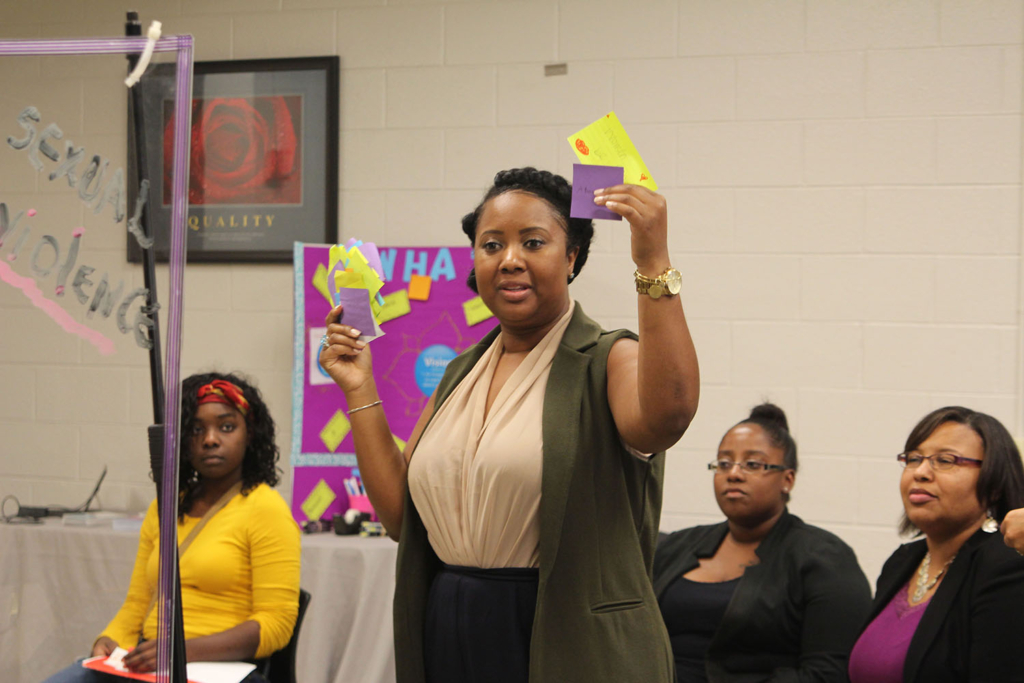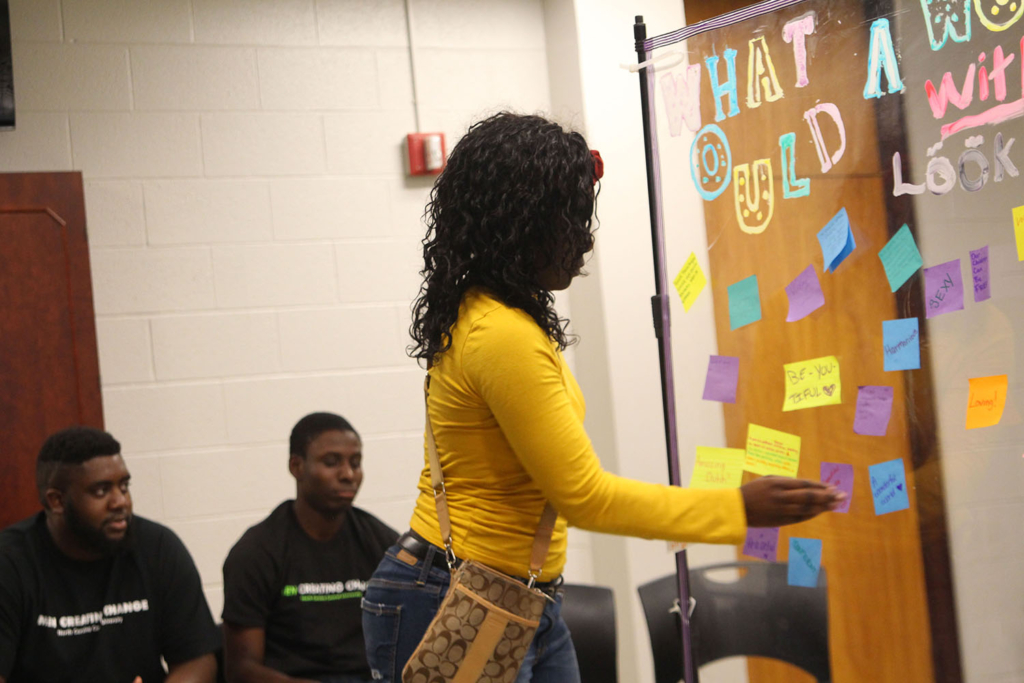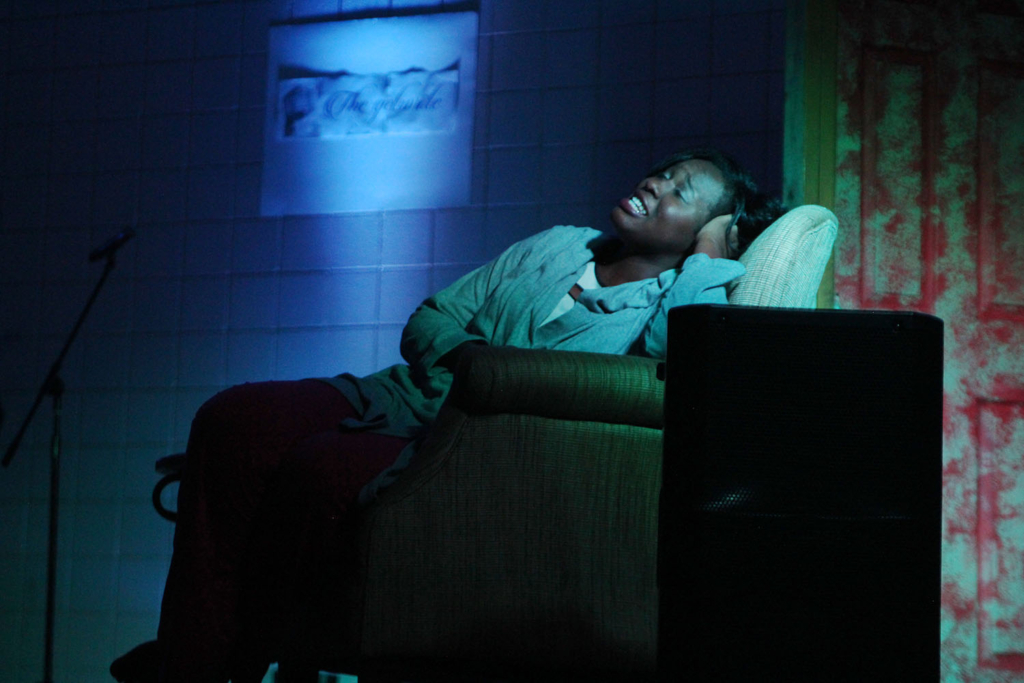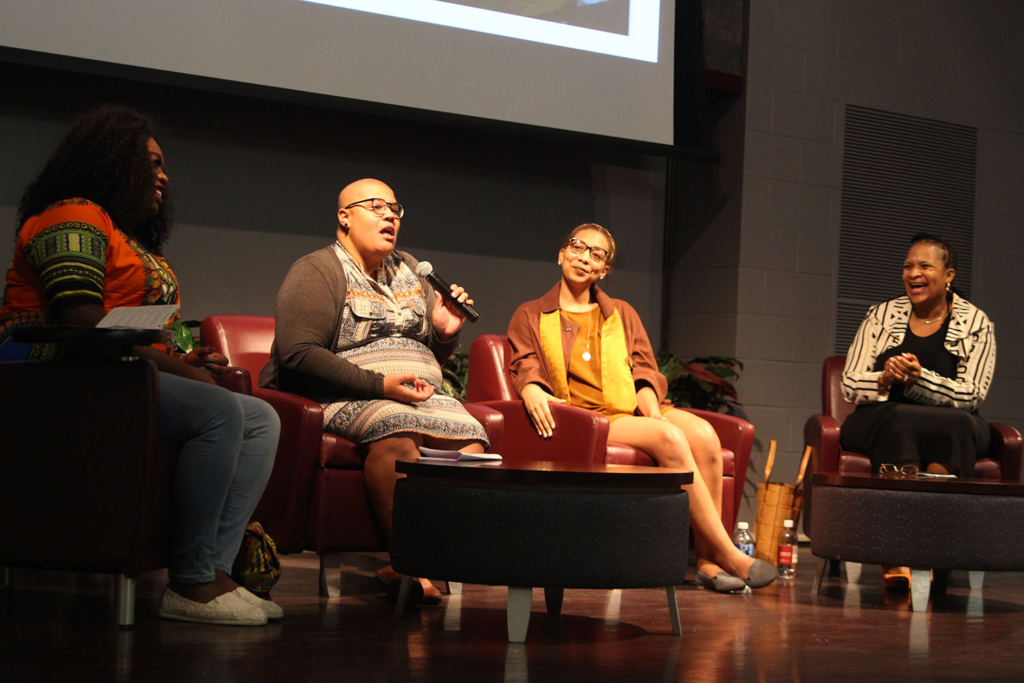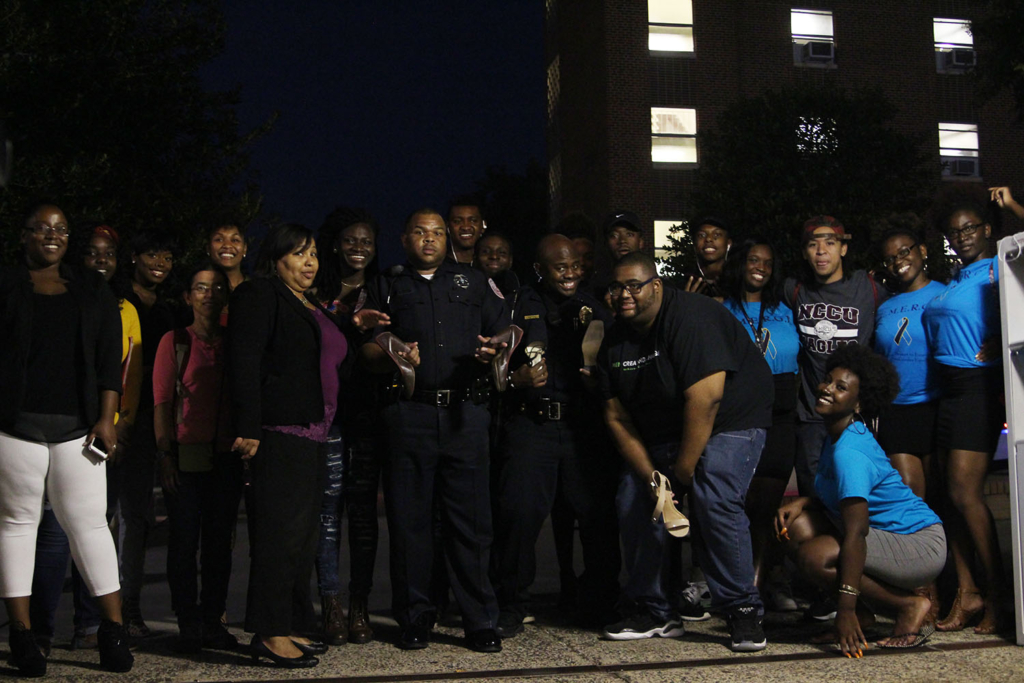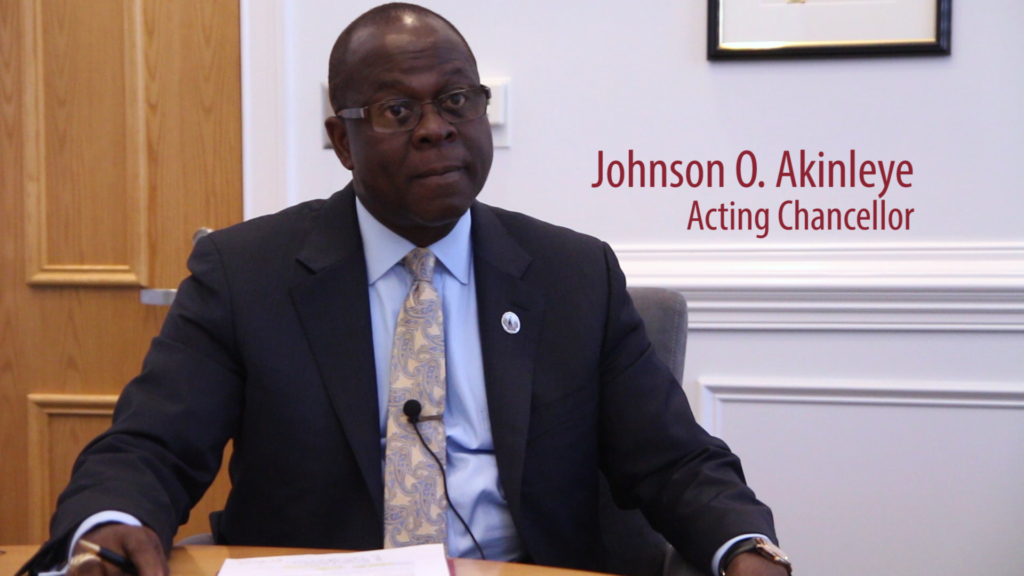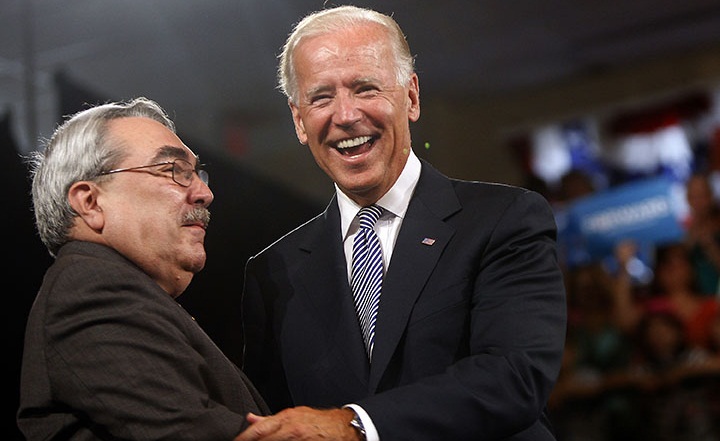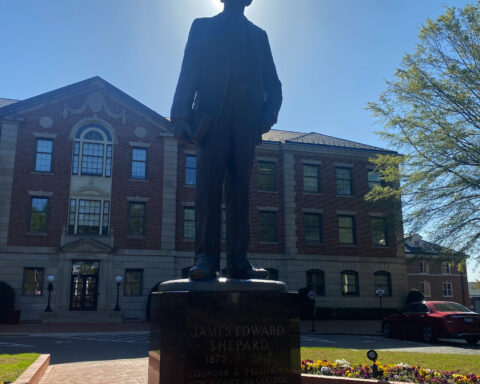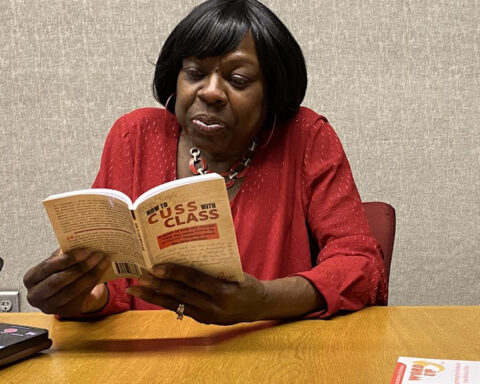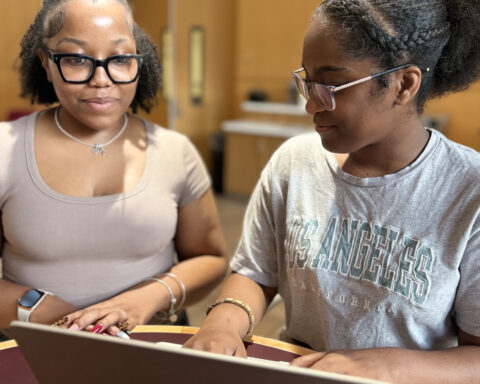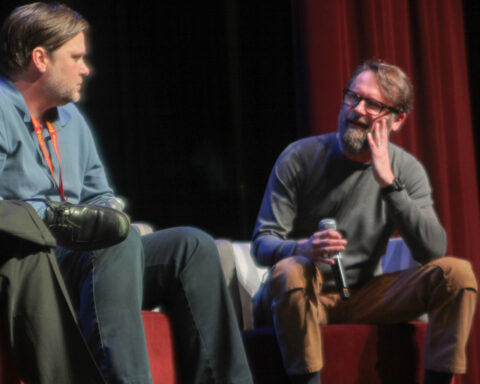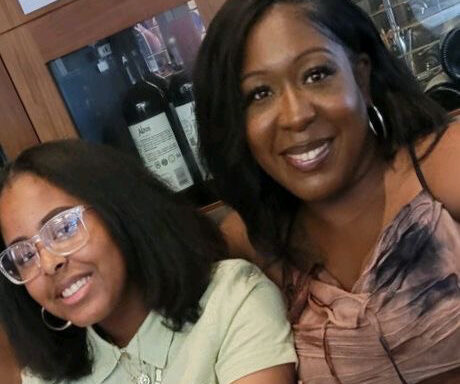According to the National Coalition Against Domestic Violence, nearly 20 people per minute in the United States are physically abused by their significant other.
This equates to more than 10 million women and men, annually. The scars of domestic violence go deeper than a bruise or a scratch. The wounds from the experience don’t heal as fast, and sometimes crying for help can feel hopeless.
The N.C. Central University Women’s Center hosted Purple Week from Sept. 26 through Oct. 2, a week devoted to Domestic Violence Awareness Month.
The events throughout the week covered all the faces of dating violence survivors and victims, including men and the LBGT community.
The first event to kick off Purple Week was an evening showing of the documentary, “The Hunting Ground.” The film followed the stories of male and female sexual assault survivors from college campuses across the country.
“The Hunting Ground” focused on university administration’s lack of handling sexual assault on their campuses. Several notable colleges were mentioned in the documentary, including Harvard University, University of North Carolina- Chapel Hill, and the University of Norte Dame.
The film also followed anti-rape activists and UNC Chapel Hill graduates, Annie E. Clark and Andrea Pino. Clark and Pino had separate experiences of sexual assault on campus. In Clark’s incident, she sought help from UNC administrators but was told “her that rape was like a football game, and that the next day was like being a Monday-morning quarterback where you look back and think, What would I have done differently?”
Pino and Clark traveled around the country listening to survivors’ stories helping them take legal action.
Right after the film, the Women’s Center a panel discussion about the film and sexual assault, which included Women’s Center educator Nicole Wiley, NCCU Police officer Joseph Wadlington, and NCCU alumni.
On Tuesday and Wednesday, the Women’s Center got deeper into the conversation about domestic violence, holding two discussion panels.
One was a student-led discussion through Men Creating Change and Engaging Mentors to Empower Respect and Gender Equality (EMERGE), and the other focused on dating violence in the LGBT community. Speakers for these panels included Angela Harvey, Chardonnay Madkins, Gemynii, and NCCU student Keyanna Fowler.
The conversations in both panels created a safe space for attendees and panelists to share their stories. When the question “what does dating violence look like in the LGBT community?” was posed, Gemynii said it was “almost invisible.”
“It’s something that’s not as discussed in the community,” said Gemynii. “It doesn’t really have a lot of presence in conversations.”
As the conversation went on, the speakers went in-depth about why dating violence is a tricky situation for its victims.
“Some people don’t know better. When I say ‘don’t know better,’ it’s not that they’re not intellectual enough to know this hurts. It’s what they know,” said Harvey. “As humans, we tend to stick with and be okay with what we know…Many people don’t leave those situations because it’s what they’re familiar with.”
The Women’s Center wrapped up the week with “A Mile in Her Shoes” on Thursday and the poetic theatrical production “HERStory Through HISEyes” by Black Poetry Theatre on Sunday.
At “A Mile in Her Shoes,” students were welcomed to join in one last discussion about dating violence and rape culture after a public reading of the responses from the new Vision Wall initiative.
During the Vision Wall reading, Wiley encouraged students to join the Women’s Center and its students in “A Mile in Here Shoes” race, where they raced in high-heels outside of the Alfonso Elder Student Union. She encouraged students to think about the message behind racing on concrete in heels.
“When you’re running, the purpose of it is to experience someone else’s thoughts, someone else’s journey, and what that is like,” Wiley said. “We want to be the change in our community. We talked about rape culture all week and what that is. That means we have to stand up and say the things that we are doing like turning a blind eye, not speaking up for those who can’t speak up themselves. This is our opportunity to change that on campus.”
After reading the notes on the Vision Wall, attendees strapped on their heels to raise awareness on campus. NCCU police joined the Women’s Center and students in the “A Mile in Her Shoes” race.
Psychology junior Famatah Tamba came out to support Purple Week after seeing the race last year.
“We have a lot of silent people out there who really wish that someone can hear their cry,” said Tamba. “At least we can be the voice for them and give them an opportunity to tell them ‘we’re here for you. You can always come to us.’”
Tamba said she plans to join EMERGE to help others in domestic violence situations and unhealthy relationships.
“I personally have been through some ups and downs during my freshman year and my sophomore year at NCCU,” she said. “I’ve been through – I wouldn’t say sexual violence – but as far as domestic violence, I was at a place in my life where I just didn’t care or I thought no one was there for me. I started going to counseling and I spoke to a few women at the Women’s Center. I would love to be that person for someone else like they were there for me.”
Then, on Sunday, it was time for the last event of Purple Week.
“HERStory Through HISEyes” is a play infused with rhythmic poetry and intense scenarios. The plot follows two women named Kim and Tina. Kim and Tina are survivors of sexual and domestic violence.
While Kim is struggling to move past a marriage crippled by physical and mental abuse, Tina is struggling to open up and be intimate with her new love. Through friendship, support, and poetry, they do their best to heal and move forward. The poetic play gives insight into the lives of survivors while challenging the attitudes, values, behaviors, and misconceptions about sexual assault and domestic violence.
William Peace University graduate Jahakzia Richardson said the play reminded her of her personal experiences. During the play, she said she had to hold back tears.
“I just hope NCCU keeps putting on shows like this that bring awareness to things that a lot of people do not want to share or talk,” said Richardson. “It’s really important and it can touch the lives of many people.”
Women’s Center director Lewis said the events teach students how to be a supportive friend when a loved one is involved in a domestic violence situation. Students are encouraged to become more engaged with the Women’s Center and find out about what the center offers.
“We really tried to engage students in that work,” she said. “So much of what you saw in our Purple Week activities were student-driven because it ultimately needs to be student-focused. Men Creating Change and EMERGE are the peer educator groups that grew out of that. My role is to make sure there’s a safe place on campus for that kind of programming.”
For more information about domestic violence, visit ncadv.org.

